Madrid is a city full of life, where old and new blend in graceful harmony. As I wandered through its vibrant neighborhoods, I noticed how public squares serve as natural meeting points, alive with chatter, music, and the scent of fresh bread. The streets tell stories not only through their architecture but also through cafés where locals sip coffee slowly, enjoying the moment. This city invites you to slow down and observe-the kind of place that rewards curious travelers with memorable views and unexpected moments.
Table of Contents
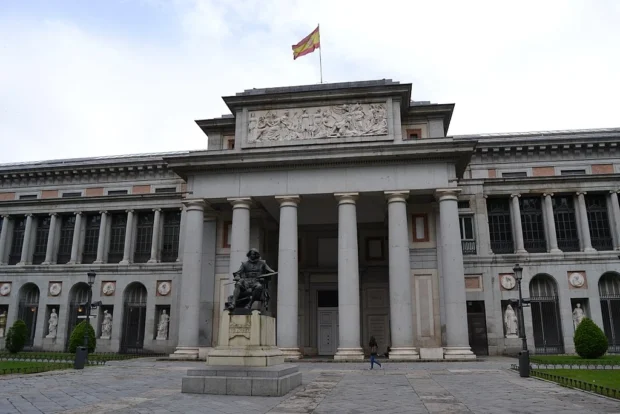
Walking Through Madrid’s Historical Heart
When you first arrive, the Puerta del Sol stands out-a bustling square that beats at the city’s core. Here, the famous clock tower marks the New Year countdown for Spaniards. Around this square, you find streets with buildings from different centuries, showcasing Madrid’s evolution. If you look up, the details on balconies and rooftops tell tales of past decades. The nearby Plaza Mayor is equally captivating, with its red facades lined perfectly in a large rectangle. This square was once a market place and is now filled with cafés and small shops, a lively point to rest and watch the world go by.
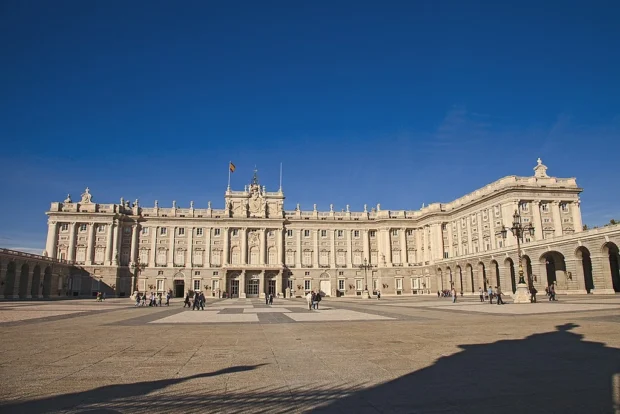
A surprising detail many miss is the statue of the Bear and the Strawberry Tree (El Oso y El Madroño) in Puerta del Sol. It is the symbol of Madrid and has a story dating back to the Middle Ages. Learning this made me appreciate how much history lives within the city’s public spaces.
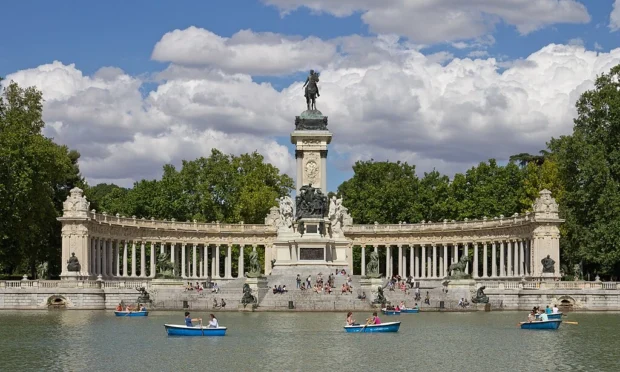
Cafés and Culinary Moments in Madrid’s Neighborhoods
Madrid’s café culture is not just about coffee; it is about taking time to connect. In neighborhoods like Malasaña and Chueca, small artisanal cafés serve not only perfect espresso but also pastries shaped by tradition. I spent several afternoons sitting next to locals, watching their relaxed Sunday routines unfold over a café con leche. These cafés often double as social hubs where artists and writers gather, keeping alive the city’s literary spirit.
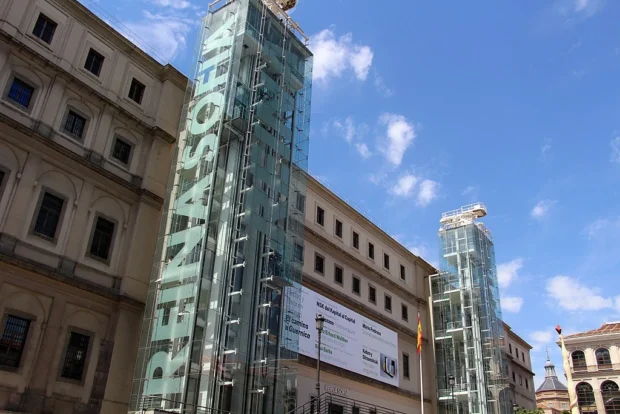
Food in Madrid is a delicious way to feel the culture. The Mercado de San Miguel is a lively market where you can taste an excellent range of Spanish foods-from fresh seafood to traditional Iberian ham. Nearby La Latina district offers tapas bars where you can sample small dishes while standing at the counter, chatting with bartenders. There’s even a tapas route locals enjoy, hopping from one bar to another, each known for a different specialty.
For a lively contrast in atmosphere and flavors, the colorful streets and vibrant markets of Cartagena offer a fresh perspective on Latin American city life.
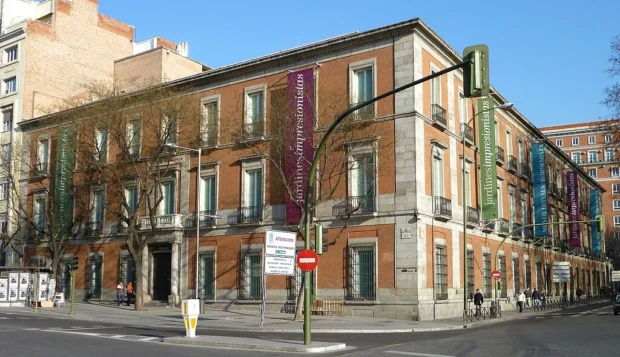
Architecture and Urban Spaces to Photograph
Madrid is a city that rewards photographers with contrasts. The Royal Palace, with its grand façade and detailed gardens, looks like it has jumped out from a history book. Just a short walk away is the Almudena Cathedral, which combines neo-Gothic and modern styles in an unusual blend. When I stood here, the soft golden light of late afternoon made the stones glow softly.
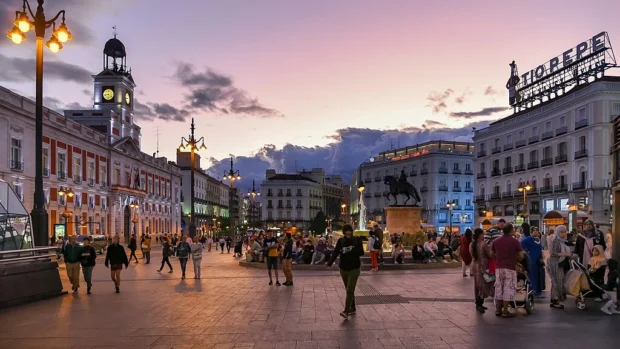
For a different atmosphere, the Retiro Park offers wide green spaces, peaceful lakes, and sculptures that feel almost hidden in nature. The park is perfect for capturing reflections, playful light through trees, and moments of quiet in the middle of the busy city.
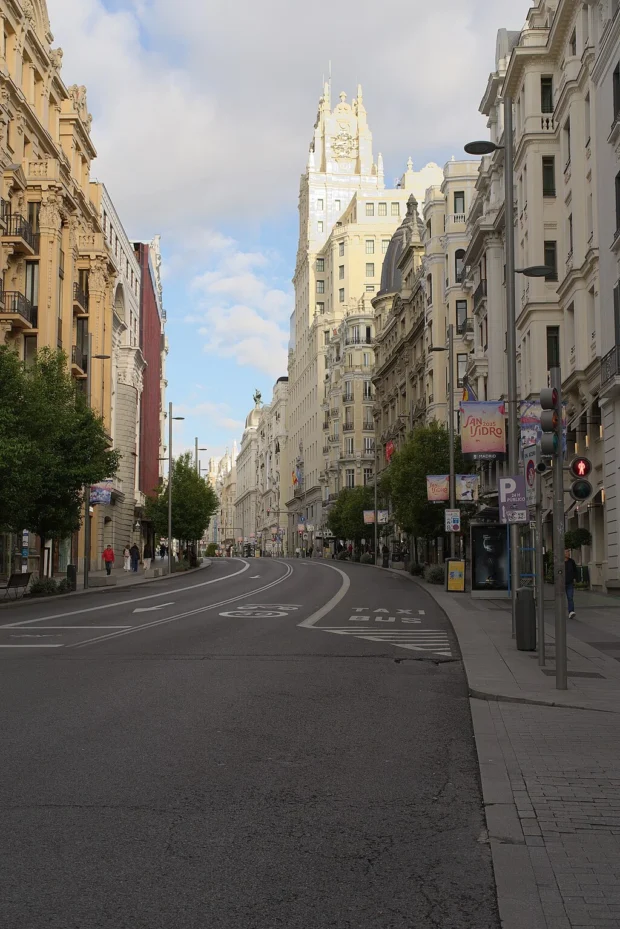
Madrid’s neighborhoods like Lavapiés showcase a different kind of architecture-walls covered in colorful street art and narrow alleys buzzing with markets. Exploring this area felt like stepping into a living canvas, full of stories and creativity.
If you find Madrid’s blend of history and vibrant street life appealing, exploring Seville’s rich culture and flavors offers another beautiful Spanish perspective on traditional yet lively city living.
If you find Madrid’s mix of history and daily life intriguing, the vibrant city of Valencia offers a similar blend with landmarks and local culture worth your attention Valencia’s highlights.
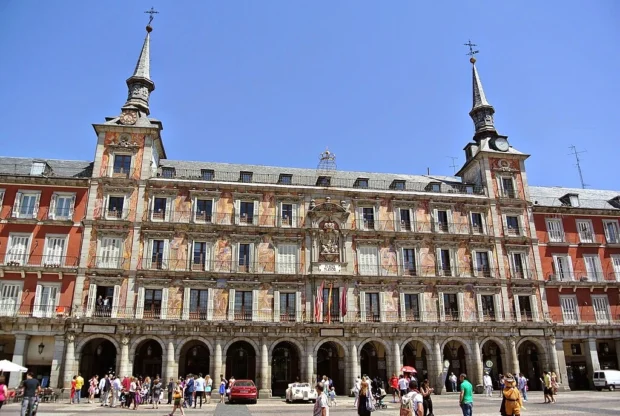
Getting Around Madrid with Ease
Madrid’s public transport system is a reliable and affordable way to move around. The metro connects the airport directly to the city center in about 30 minutes, making arrival and departure smooth. Trains and buses run frequently, so you rarely need to wait long.
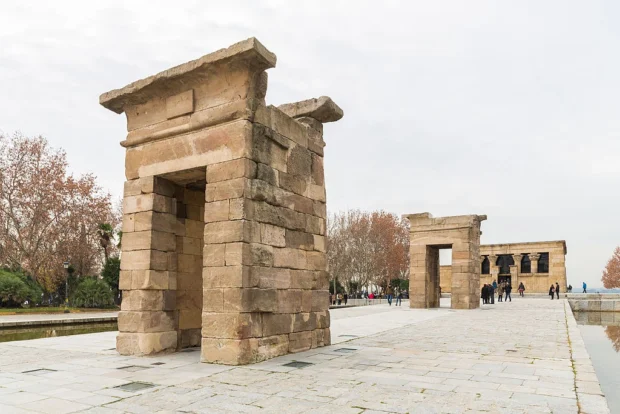
Walking is also a great way to see central districts, with many pedestrian-only streets. On some days, I chose to stroll from one square to another, enjoying small shops and tempting smells coming from bakeries. For longer distances, the metro is quiet and efficient, with clear signs and maps that help visitors navigate without confusion.
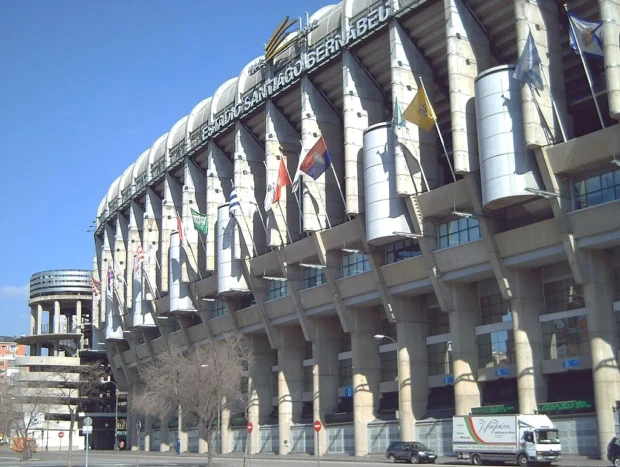
Understanding Madrid’s Culture and Customs
Madrid locals value warmth in conversations, and a smile often opens doors. It is common to greet with a simple “Hola” and perhaps a light handshake. When visiting shops or cafés, a polite “Por favor” and “Gracias” go a long way. Conversations in Madrid sometimes run late into the night, reflecting the city’s lively spirit, but remember that meals like dinner often start later than in other countries, typically after 9 pm.
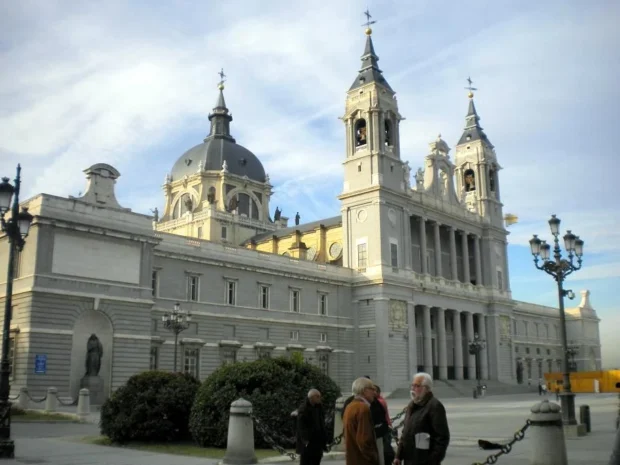
One custom I found charming is the city’s respect for personal space despite its bustling nature. People enjoy socializing in public squares but tend to keep a comfortable distance in queues and transport. Also, while Madrid is friendly to tourists, the locals appreciate if visitors make an effort to use basic Spanish greetings and polite phrases.
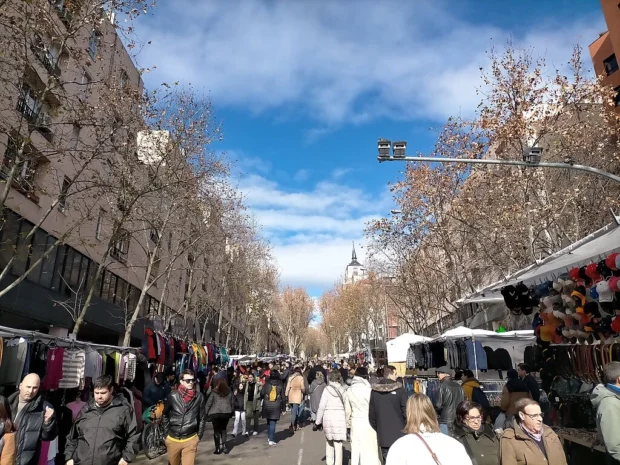
Local Stories and Small Wonders in Madrid
During my stay, a local storyteller in Lavapiés shared an unusual legend about the city’s ancient walls. Apparently, some stones in Madrid’s oldest quarters were said to contain “echoes” of voices from the past-a poetic way to connect with history. This made me listen more closely to the sounds around me.

Another fascinating find was a tiny bookshop near Plaza de Santa Ana, packed with old books and manuscripts. The shop’s owner explained how Madrid’s literary cafés inspired famous writers like Federico García Lorca. Sitting there with a warm cup, I felt part of a continuing cultural dialogue that spans centuries.
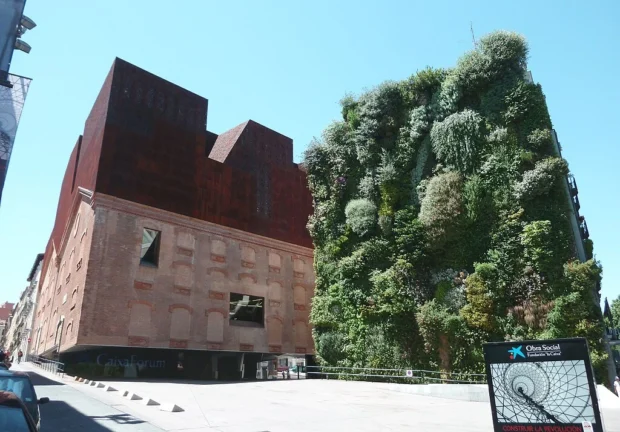
Madrid invites visitors to observe more than just its famous buildings. It’s in the rhythm of daily life, the conversations heard in cafés, and the small, unexpected moments that make each day memorable. For anyone curious about a city where history and modern life meet gracefully, Madrid leaves a lasting impression.
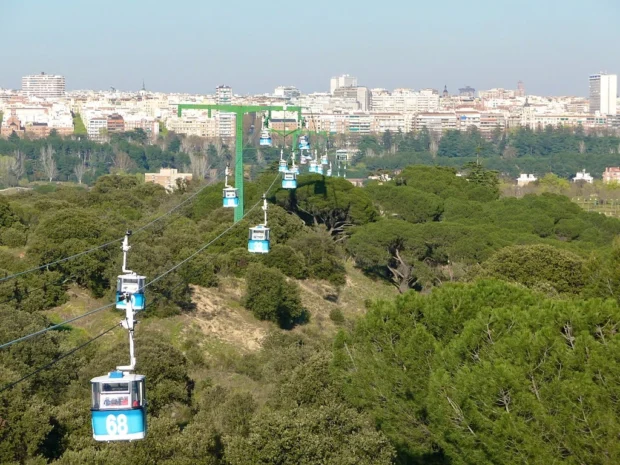
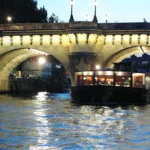
Lover of cities, local cafés, and historic streets, exploring urban life with attention to architecture and culinary delights.
- Power outages in Madrid – 2025-04-28 07 by Javier Perez Montes on Wikimedia Commons – cc by-sa 4.0
- Museo del Prado (34209963823) by Emilio J. Rodríguez Posada on Wikimedia Commons – cc by-sa 2.0
- Madrid. Royal Palace. Spain (4083783003) by Tomás Fano on Wikimedia Commons – cc by-sa 2.0
- Monumento a Alfonso XII de España en los Jardines del Retiro – 04 by Carlos Delgado on Wikimedia Commons – cc by-sa 3.0
- Madrid – Museo Nacional Centro de Arte Reina Sofía (35349955714) by Fred Romero from Paris, France on Wikimedia Commons – cc by 2.0
- Museo Thyssen-Bornemisza (Madrid) 07 by Luis García (Zaqarbal) on Wikimedia Commons – cc by-sa 3.0
- Madrid- Puerta del Sol – 51454839271 by Jorge Franganillo on Wikimedia Commons – cc by 2.0
- Gran Via Madrid May 2025 02 by Javier Perez Montes on Wikimedia Commons – cc by-sa 4.0
- Plaza Mayor, Madrid, Spain – panoramio (6) by Ben Bender on Wikimedia Commons – cc by-sa 3.0
- Templo de Debod, Madrid, España, 2014-12-27, DD 02 by Diego Delso on Wikimedia Commons – cc by-sa 4.0
- Estadio Santiago Bernabéu 01 by Luis García (Zaqarbal) on Wikimedia Commons – cc by-sa 3.0
- El Rastro de Madrid y alrededores en enero de 2023 07 by Emilio J. Rodríguez Posada on Wikimedia Commons – cc by-sa 4.0
- CaixaForum Madrid (España) 01 by Luis García (Zaqarbal) on Wikimedia Commons – cc by-sa 3.0
- Madrid desde el teleférico que lleva a la Casa de Campo – panoramio by cesar.ruiz on Wikimedia Commons – cc by-sa 3.0
